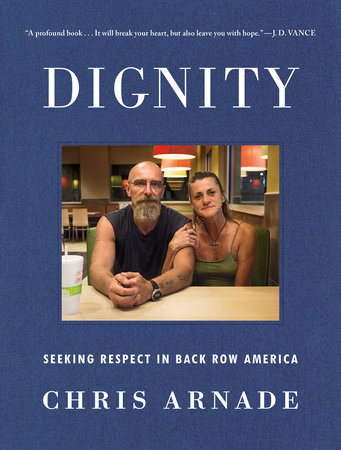(9/11 seems an appropriate date for a rerun of this post)
Suppose you wanted to create a perfect enemy. An enemy so vile that its evil would be recognized by almost everyone. An enemy that would inspire people to come together in order to ensure its defeat.
To be more specific: suppose you were a screenwriter with the assignment of creating a suitable villain-organization for a major motion picture. The marketing plan for this movie suggests that it will be marketed primarily to a certain demographic and that, hence, your villain-organization should be particularly appalling to members of that demographic. The demographic in question consists of people who are affluent, highly educated (college with at least some postgraduate education), not particularly religious, and who consider themselves politically liberal or “progressive.” The plot of the movie demands that the audience must see the necessity for Americansof many beliefs, occupations, and social backgroundsto come together in order to defeat the enemy.
Oh, and one other thing. The year in which you are given this assignment is 1999.
You will clearly want your enemy to share many of the characteristics of the Nazisdisrespect for human life, wanton cruelty, a love of apocalyptic violence. But to make the enemy particularly awful from the standpoint of your target demographic, you will want to emphasize certain aspects of its belief system.
Members of your demographic usually have strong beliefs about women’s rights. So, your enemy must have a particularly disrespectful belief set, and a violent behavior pattern, towards women. Similarly, your demographic is generally favorable toward gay rights…so the enemy must advocate and practice the suppression, torture, and killing of gays. Your demographic is generally nonreligious and often hostile toward religion…so, make sure the enemy includes a large element of religious fanaticism. Members of your demographic talk a lot about “the children”so make sure your enemy uses children in particularly cruel ways.
Had you created such an enemy for your screenplay in 1999, you would have surely felt justified in assuming that it would achieve its intended reaction with your target demographic.
It didn’t work out that way, though.
